By: Dr. W. Scott West, Medical Director, Nashville NeuroCare Therapy
Did you know that women are disproportionately affected by depression compared to men? According to Mayo Clinic, women are nearly twice as likely to experience depression. Although it remains indeterminate why this gap exists, there are many factors at play. Biological differences such as hormonal profiles and genes, social and cultural stressors including fatigue or history of assault, and even comorbidity with other female-dominated illnesses such as anxiety and eating disorders could exacerbate depression in women.
Of course, there are also types of depression unique to women due to significant hormonal changes such as pregnancy, the postpartum period, perimenopause, and menstrual cycles. In addition to hormonal changes, these periods are often defined by large life changes, disruption of routine, and excess workload that can feel overwhelming and destabilizing.
Maternal depression is the #1 medical complication related to childbearing, affecting a staggering 20% of women. Maternal depression is more than just the “baby blues,” or the fatigue, moodiness, and tearfulness that most women experience during and directly after pregnancy. Maternal depression speaks to the more intense symptoms of depression and anxiety that 1 in 7 mothers will experience during and after their pregnancy. For those experiencing maternal depression, two-thirds will also experience comorbid anxiety disorders. With numbers this high, chances are you know somebody— a sister, a friend, a cousin, a coworker— who has or is currently experiencing maternal depression.
Some symptoms for maternal depression include:
- Feeling disconnected from family and the new infant
- Overwhelming sadness
- Intrusive negative thoughts, often to do with the baby’s safety
- Feeling out of control
- Panic attacks
- Suicidal ideation
With the social isolation happening during COVID-19, many pregnant women and new mothers may be experiencing disproportionate levels of depression and anxiety. Such factors may include missing out on celebrations like showers, worrying about who will be allowed by their side during delivery, fearing for their own and their baby’s health, and negotiating potential financial stress during a pandemic.
Often, people believe that medication and cognitive behavioral therapy (aka “talk therapy”) are the only ways to address depression. When you’re pregnant or a nursing mother, what you consume— medication included— gets absorbed by the fetus or nursing child as well. While this doesn’t definitely rule out medication as a treatment option for mothers experiencing depression, it’s important for women to know there are other effective and safe treatments that don’t include medication. If you or someone you love is struggling with maternal depression and has yet to find a treatment that provides relief, there is hope.
At Nashville NeuroCare Therapy, we specialize in relieving depression with an innovative treatment called Transcranial Magnetic Stimulation (TMS) Therapy. Studies show that in depressed brains, centers that regulate mood aren’t as active as in neurotypical brains. TMS Therapy uses magnetic technology to stimulate these neural networks in your brain and boost your brain’s natural ability to regulate your mood and behavior. This offers real, lasting relief from depression that is comfortable, safe, and free from negative side effects. This means it’s perfectly safe for pregnant and nursing mothers and their babies. Visit our website to learn more about how TMS Therapy could help you find freedom from maternal depression.


